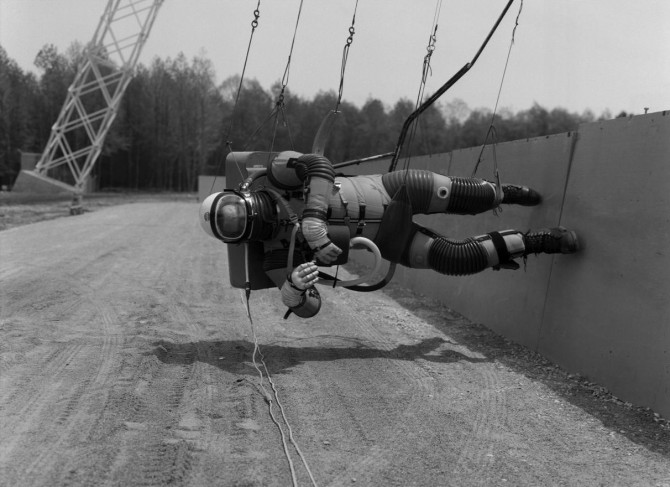From a particularly prescient 1993 memo by Microsoft’s Nathan Myhrvold about the tech revolution that was about to rework information distribution in a truly profound way:
“Gutenberg Reprised
If you grant that the world writes and makes decisions with PCs, what is next? The real answer is long and complex, but three of the key components are to read, communicate and beentertained. An even simpler way to describe this is to say that computing technology will become central to distributing information.
As a rule, distribution has much more pervasive effects than authoring. Improving life for the author of a document does not materially effect the size or nature of the audience that she can address, but changes in distribution have a dramatic effect. The clearest precedent is the invention of the printing press. Great works of science and literature – Euclid’s geometry, Plato and Horace, the Bhagavad-Gita, the Iliad and Icelandic Sagas, all- existed long before the printing press, so humans clearly were able to conceive them, but they had a very limited customer base. Monks and scribes spent lifetimes copying books by hand, while bards and minstrels memorized and orally repeated tales to spread and preserve them. No matter how cheaply one values their time, it was still a very expensive proposition which was the primary limiting factor in broadening the number of customers. If we could use a time machine to supply all those monks with PCs and Word for Windows, but limited the rate at which they could print to the same level of time and expense, it would make little difference – except perhaps for letting the monks channel their energies toward other fields.
When Gutenberg did change the economics of distribution, the world changed in a fundamental way. It is estimated that Europe had on the order of ten thousand books just prior to Johan’s invention – within fifty years it would have over eight million. Literacy became a key skill. The advent of mass media – through printed handbills – revolutionized politics, religion, science and literature and most other factes of intellectual life.
I believe that we are on the brink of a revolution of similar magnitude. This will be driven by two technologies – computing and digital networking. We’ve already discussed the change in computing technology, and that is certainly dramatic, but it is communications which really enables distribution.”
Tags: Nathan Myhrvold

